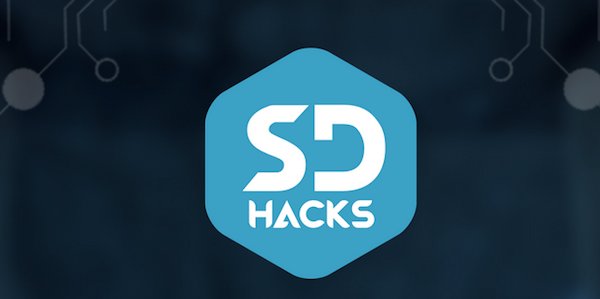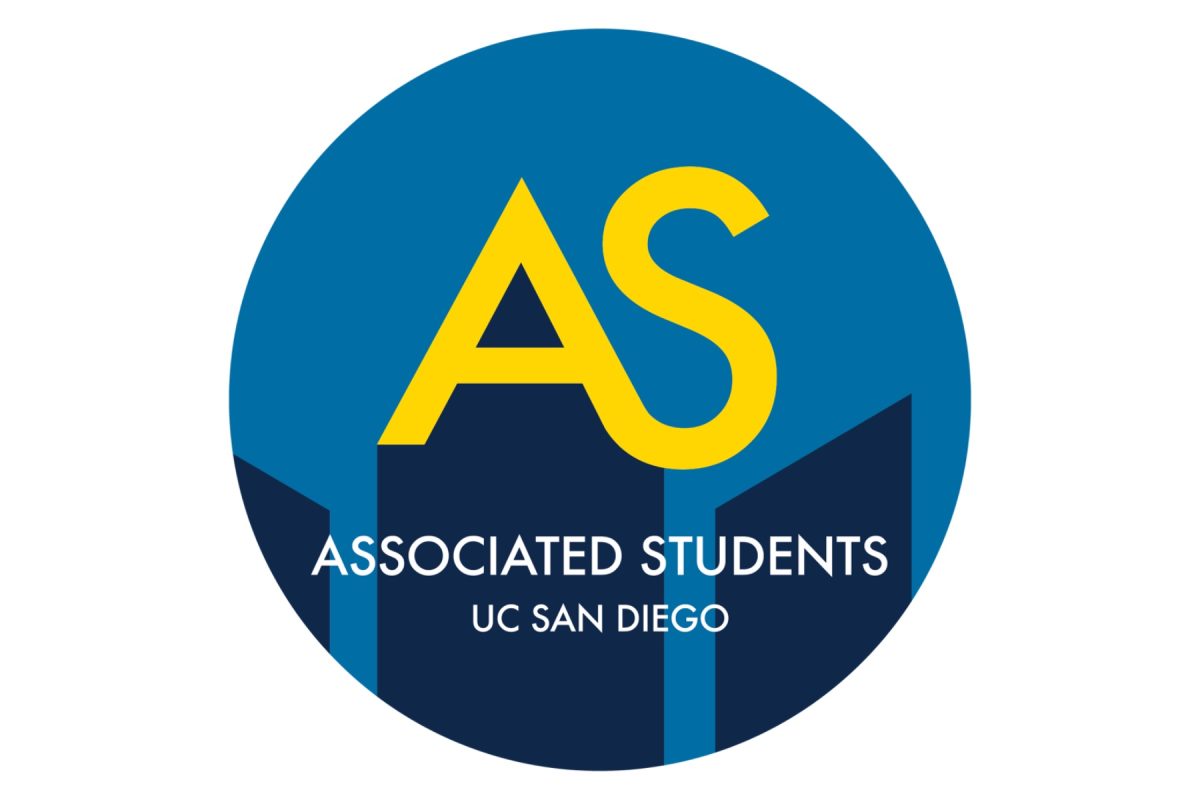The second annual SD Hacks hackathon took place over the weekend in RIMAC Arena, where over 1,000 students from San Diego and beyond congregated to kick off a 36-hour display of technical innovation on Sept. 30.
Created in 2015 by UCSD student Ryan Hill, the hackathon invites computer science and electrical engineering students to work collaboratively on designing and building a project from start to finish over the course of the weekend every year.
SD Hacks is one of the largest hackathons in the state, alongside those of UCLA and UC Berkeley. Building on last year’s hackathon, SD Hacks 2016 provided students with more resources than ever before, including workshops with industry leaders, a VR space complete with Oculus Rift headsets and a Makers Lab with 3-D printers on site.
The event, sponsored by UCSD’s Jacobs School of Engineering as well as private corporations such as ViaSat, Qualcomm and Twitch, gave budding innovators the opportunity to engage with potential employers and allowed interested company representatives to become acquainted with young talent.
Hill, who passed the leadership role onto Yacoub Oulad Daoud after the event’s inaugural success, told the UCSD Guardian that he was inspired to create SD Hacks after reading a 2014 Forbes article, which ranked UCLA number five among “America’s Most Entrepreneurial Universities” with the only reason cited being their hackathon event, LA Hacks.
“I was convinced UCSD could do better,” Hill said. “It really continued to be a lasting thought after that because I feel like there is a huge, untapped need in the engineering community. Students want university to be a hands-on experience, not just theory.”
With a substantial percentage of UCSD’s student body studying computer science or electrical engineering, Hill noticed that many students yearned to solder components and work directly with circuit boards but didn’t have the opportunities or resources. With around 9,000 UCSD students taking a computer science or electrical engineering class at least once a year, SD Hacks created a much-needed creative outlet for kinesthetic learners, Hill told the Guardian.
“Learning is always a huge concern for our team,” Hill said. “We doubled down on our effort to reach out to mentors, so that students have plenty of help moving in the right direction with their ideas.”
Last year’s grand prize winners — UCSD students Chris Zelazo, Chet Lemon and Kesav Mulakaluri — created a mobile payment application called SNS Payments. The app can make wireless money transfers from a mobile device to existing retail equipment, unlike Apple Pay, which requires a reader.
Recalling the end of last year’s hackathon, Hill described the “magic moment” he felt watching the event come to life.
“It didn’t hit me until weeks after the event last year, when a bunch of people thanked me for providing them with an opportunity to learn, discover new things, engage with companies, meet new people and the like,” Hill said. “We all really love the UCSD community, and we are glad to give something back to make a lot of people happy.”








